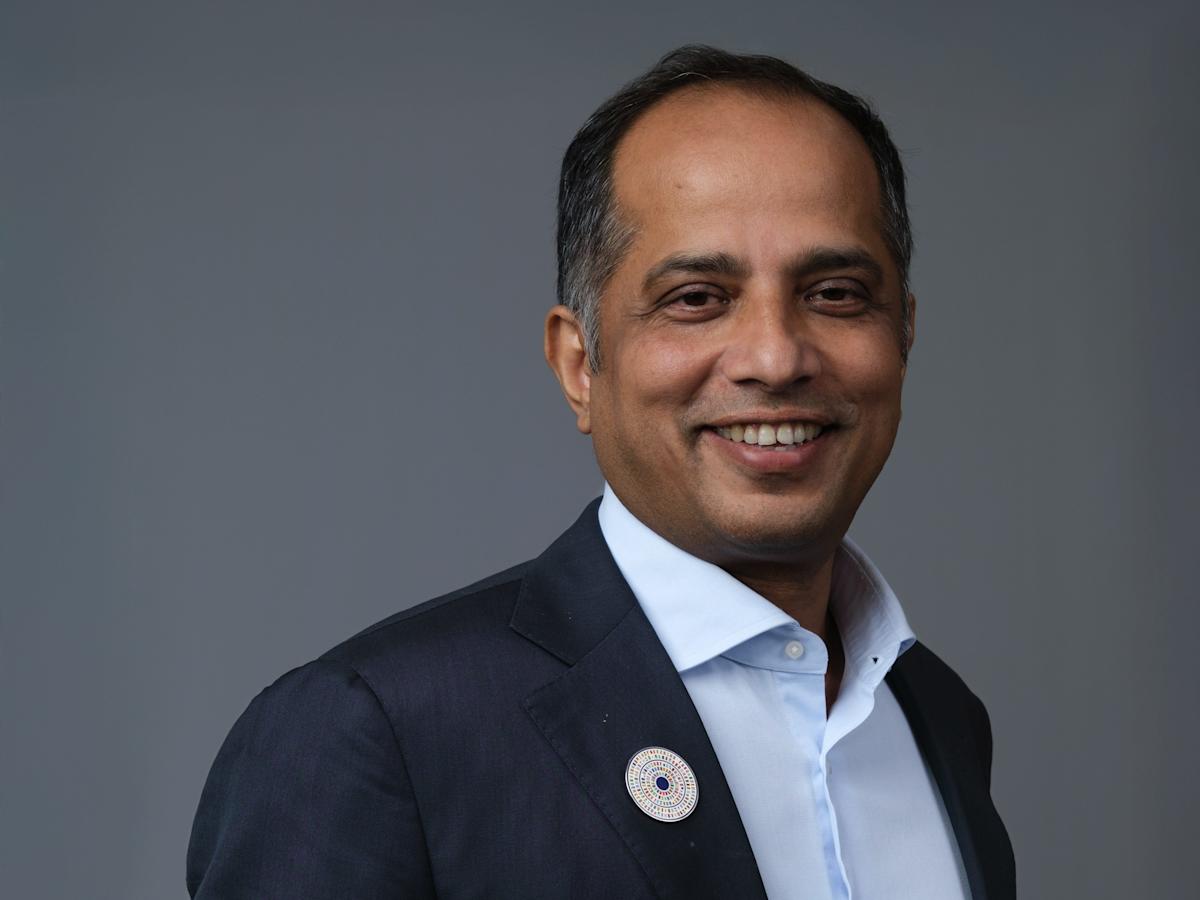How AI will affect jobs at banks’ front, middle, and back offices, according to a 20-year banking veteran
-
Sopnendu Mohanty, 53, is the group CEO of the global advisory and investment firm GFTN.
-
He worked at Citi for nearly two decades and was the chief fintech officer at Singapore’s central bank.
-
Mohanty said back office roles in banks will be hit the hardest by AI.
People working at the front and back offices of banks are going to have wildly different experiences with AI, says Sopnendu Mohanty, the group CEO of the global advisory and investment firm GFTN.
Mohanty, 53, worked at Citi for nearly two decades before joining Singapore’s central bank as its first chief fintech officer in 2015. He’s also a cofounder of the Singapore FinTech Festival.
He told Business Insider that the disruption posed by AI will depend on whether one works in a bank’s front, middle, or back office.
“Front is all for the customer. The middle is all for the bank, and the back is just for processing all the activity,” Mohanty said.
Mohanty predicted that AI will increase the number of front-office jobs, including roles in investment banking, sales and trading, and corporate banking.
He said he also expects the middle office, which handles a bank’s risk management, financial controls, and compliance, to benefit from AI.
“The middle office is all about internal productivity. That definitely gets better because the AI tools will make them work better and more efficiently,” he continued.
Back office roles are likely to be hit the hardest by AI, Mohtanty said. The back office spans functions such as information technology, human resources, and trade settlements.
“Back office work may be reduced because you are automating a lot of the work in a much sharper way. There will be a lot of impact on jobs when it comes to the back office,” he added.
The rise of AI has sparked fears over its ability to eliminate jobs entirely. JPMorgan CEO Jamie Dimon said in his annual letter to shareholders last year that “AI has the potential to augment virtually every job, as well as impact our workforce composition.”
“It may reduce certain job categories or roles, but it may create others as well,” Dimon wrote.
In May, JPMorgan executives said during the bank’s investor day that AI would result in head count reductions and slower hiring.
Marianne Lake, JPMorgan’s CEO of consumer and community banking, said during her presentation that she expects AI to reduce the size of the bank’s operations team by 10%.
“At the margin, we’re asking people to resist head count growth where possible and increase their focus on efficiency,” Jeremy Barnum, JPMorgan’s chief financial officer, told investors.
Read the original article on Business Insider



Leave a Comment
Your email address will not be published. Required fields are marked *